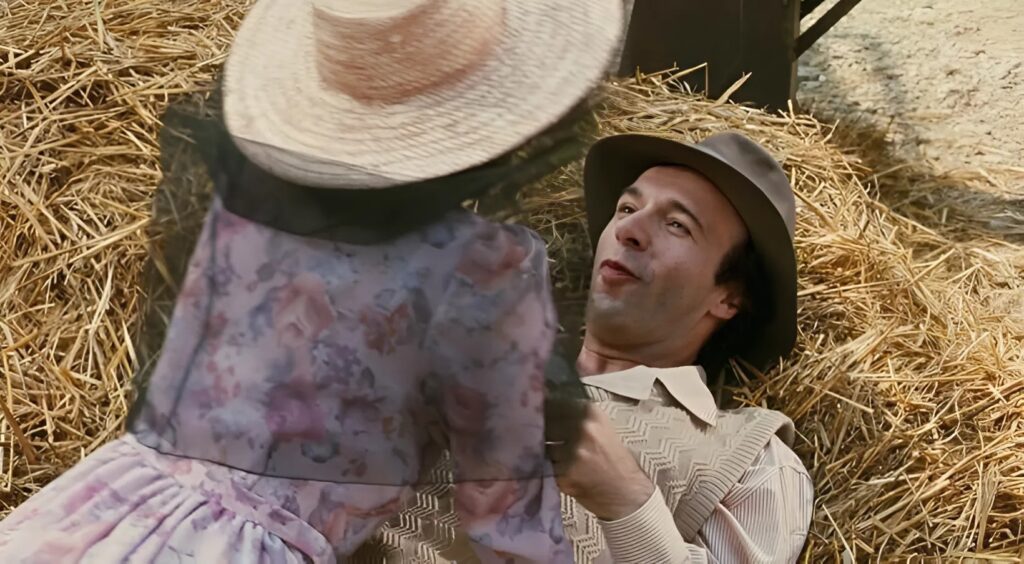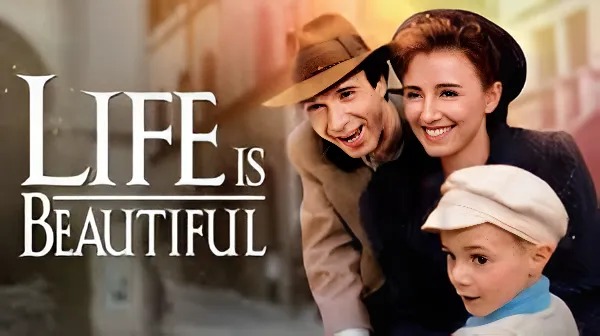Directed by and starring Roberto Benigni, Life Is Beautiful (1997) is a heart-wrenching yet uplifting Italian masterpiece that blends comedy, romance, and tragedy in a way only cinema can. Set against the backdrop of World War II, this Oscar-winning film is a testament to the power of love, imagination, and resilience.
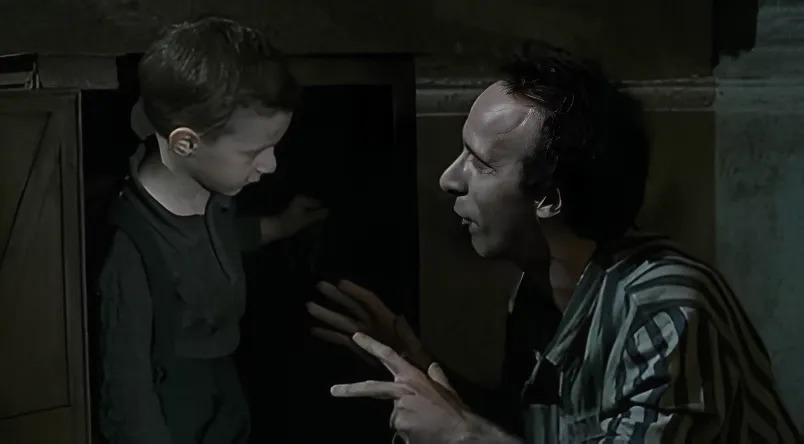
Benigni plays Guido, a charming and whimsical Jewish-Italian bookshop owner who falls in love with Dora (Nicoletta Braschi) in the film’s vibrant first half. Their fairy-tale romance, filled with slapstick humor and infectious optimism, sets the stage for the harrowing shift when Guido and their young son, Giosuè (Giorgio Cantarini), are deported to a concentration camp. To shield his son from the horrors, Guido transforms the camp into an elaborate game, using his boundless creativity to preserve Giosuè’s innocence.
Benigni’s performance is nothing short of extraordinary—his exuberance carries the film’s lighter moments, while his subtle expressions of fear and sacrifice in the camp scenes break your heart. Cantarini’s wide-eyed innocence as Giosuè is equally affecting, and Braschi’s Dora brings quiet strength. The chemistry among them feels achingly real, grounding the story’s emotional core.
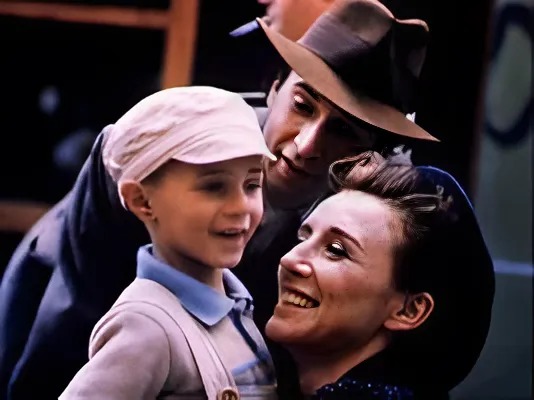
Director Benigni, alongside co-writer Vincenzo Cerami, strikes a delicate balance, using humor not to trivialize the Holocaust but to highlight the human spirit’s defiance against despair. The film’s visual style—bright and colorful early on, then stark and oppressive—mirrors its tonal shift. Ennio Morricone’s tender score weaves it all together, amplifying every laugh and tear.
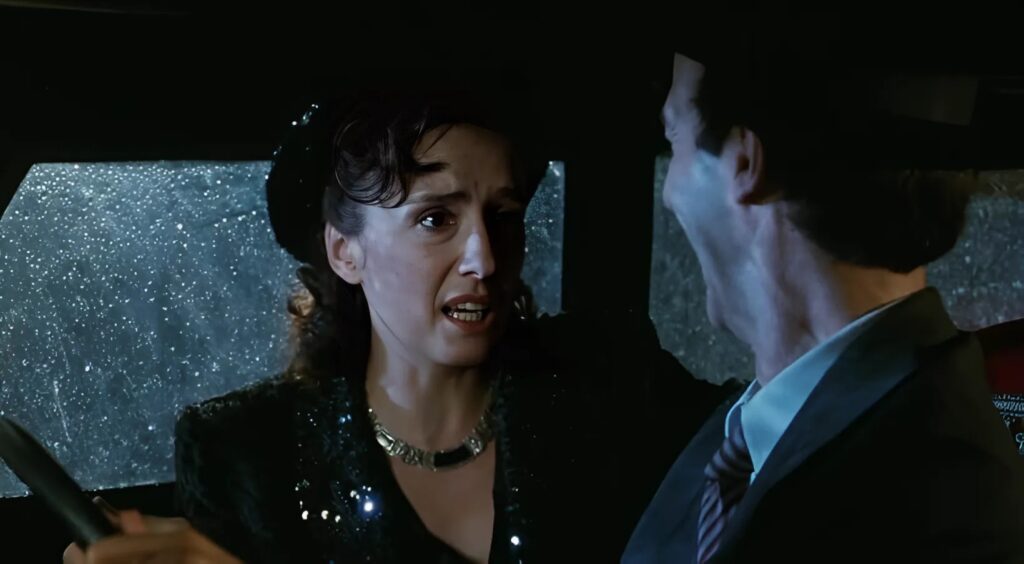
Life Is Beautiful is a rare film that celebrates life’s beauty even in its darkest moments. It won three Oscars (Best Foreign Language Film, Best Actor, and Best Score) and deserves every accolade for its bold storytelling and universal message of hope.
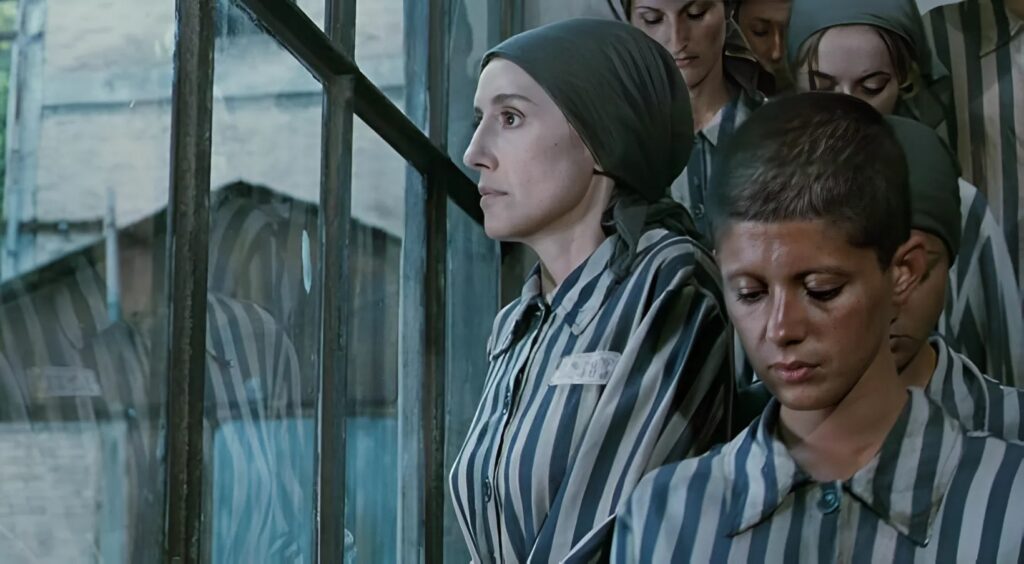
Rating: 5/5 stars
A poignant, unforgettable ode to love and the power of a father’s imagination.
